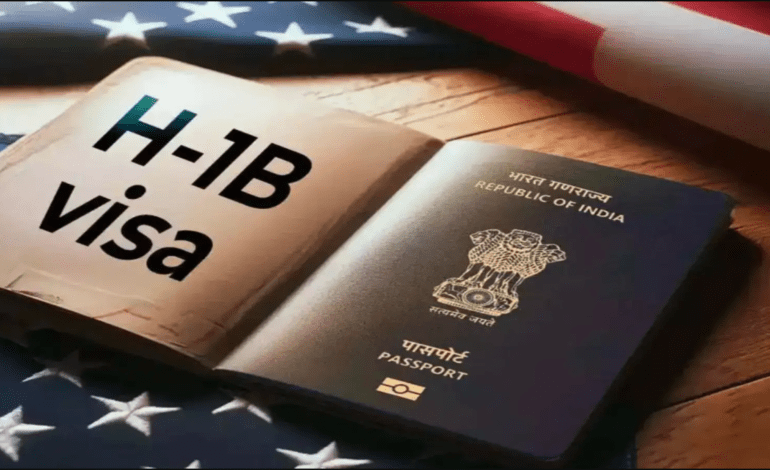
US Justice Department launches probe into H-1B visa misuse under Trump administration
The U.S. Department of Justice (DoJ) has launched a fresh crackdown on the misuse of the H-1B visa program, urging American workers and companies to report cases where U.S. citizens are unfairly passed over in favor of foreign hires.
Harmeet Dhillon, the India-born Assistant Attorney General of Civil Rights, is spearheading the initiative. Dhillon, who was appointed by President Donald Trump last December, announced that the department has already opened “several” investigations and taken action against “some” employers. She also appealed to the public to submit complaints through the DoJ hotline.
The H-1B visa, capped at 85,000 annually, allows U.S. employers to recruit highly skilled foreign professionals in technology, engineering, and other specialized fields. However, the program has faced mounting criticism. U.S. Commerce Secretary Howard Lutnick recently described the system as “a scam” in a Fox News interview, arguing it undercuts wages and displaces American workers. Florida Governor Ron DeSantis also criticized the program, calling it a “cottage industry” for outsourcing firms.
To address concerns, the Department of Homeland Security has proposed eliminating the lottery process and introducing a weighted selection system that prioritizes higher-skilled candidates.
Indian nationals remain the largest beneficiaries of the program, accounting for more than 70 percent of annual approvals, largely due to high demand from U.S. tech firms and a backlog in processing.
In a related move, the Trump administration announced plans to restrict visas for international students by introducing a four-year cap. India, with more than 330,000 students in the U.S. in 2024, remains the top source of foreign students, followed by China.
The probe marks a significant shift in U.S. labor and immigration policy, with broad implications for American employers, foreign workers, and the Indo-U.S. talent corridor.